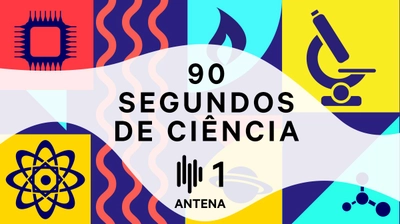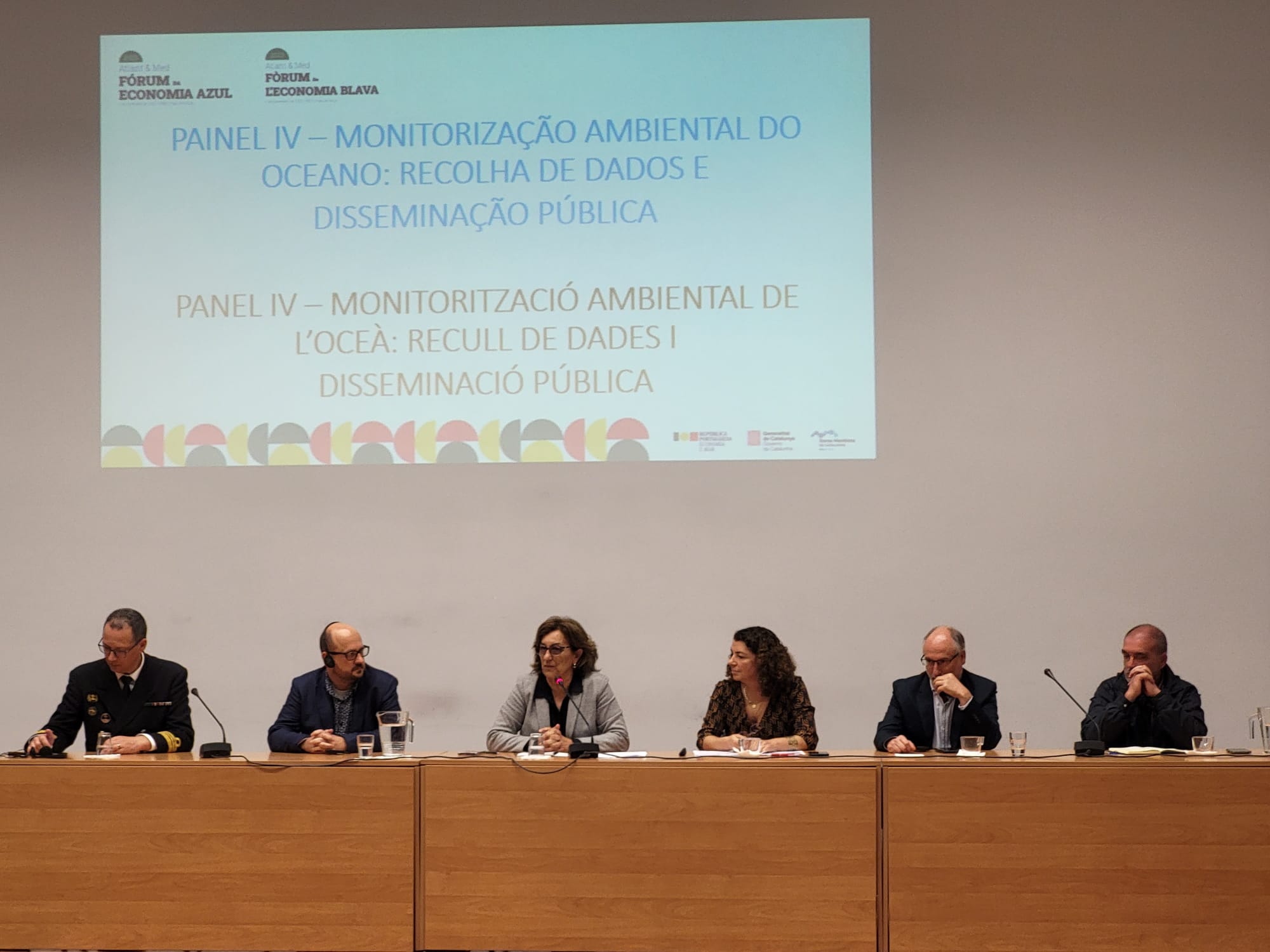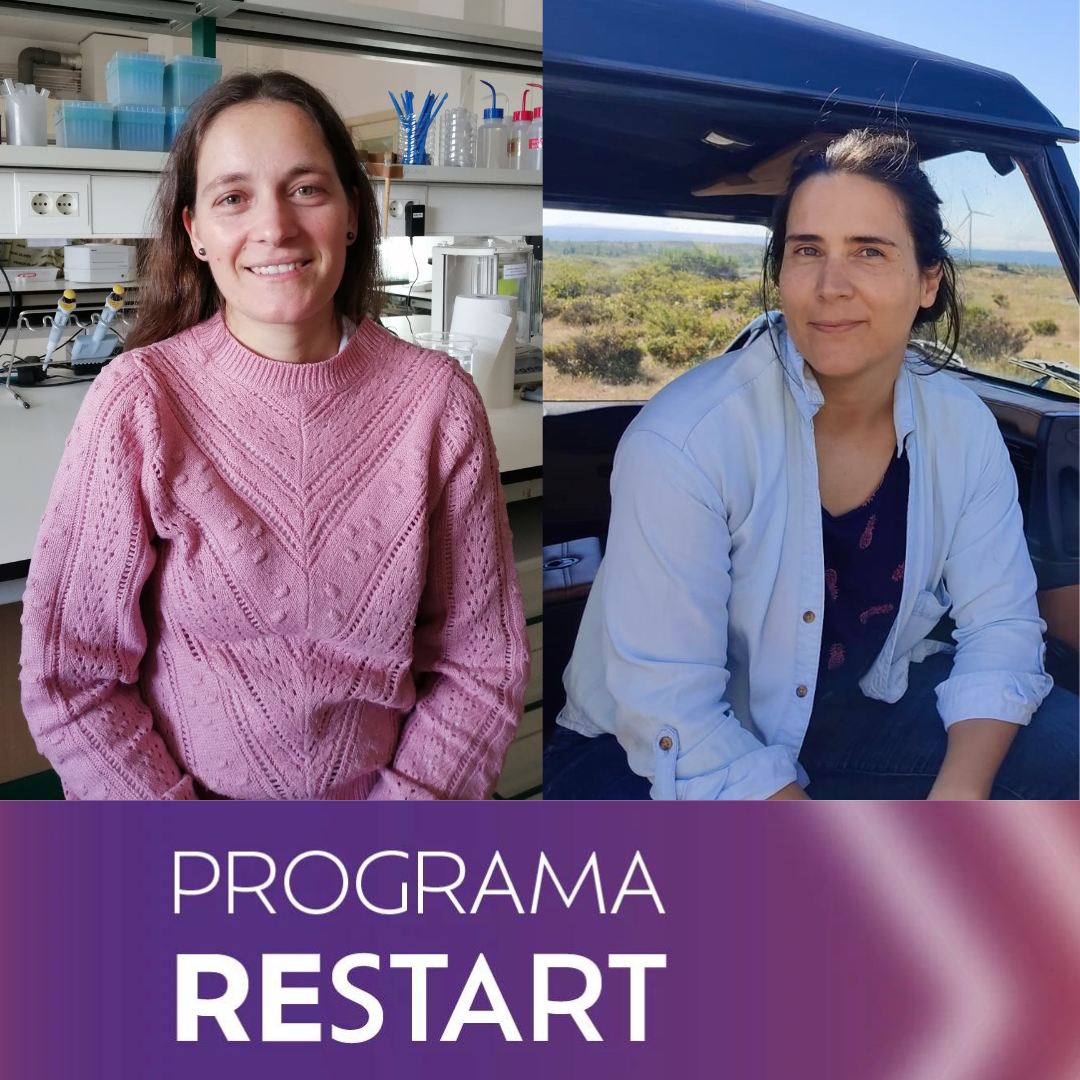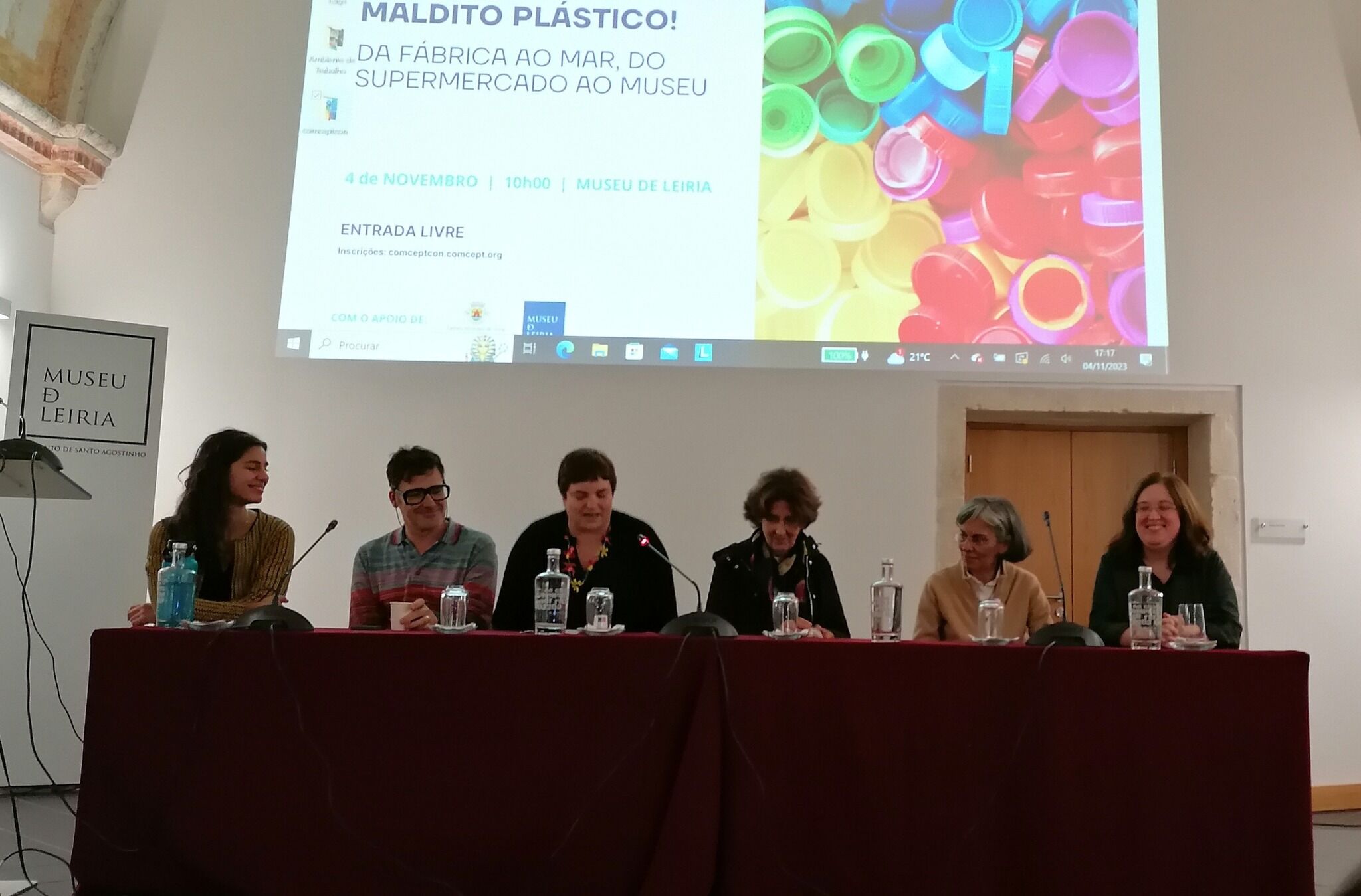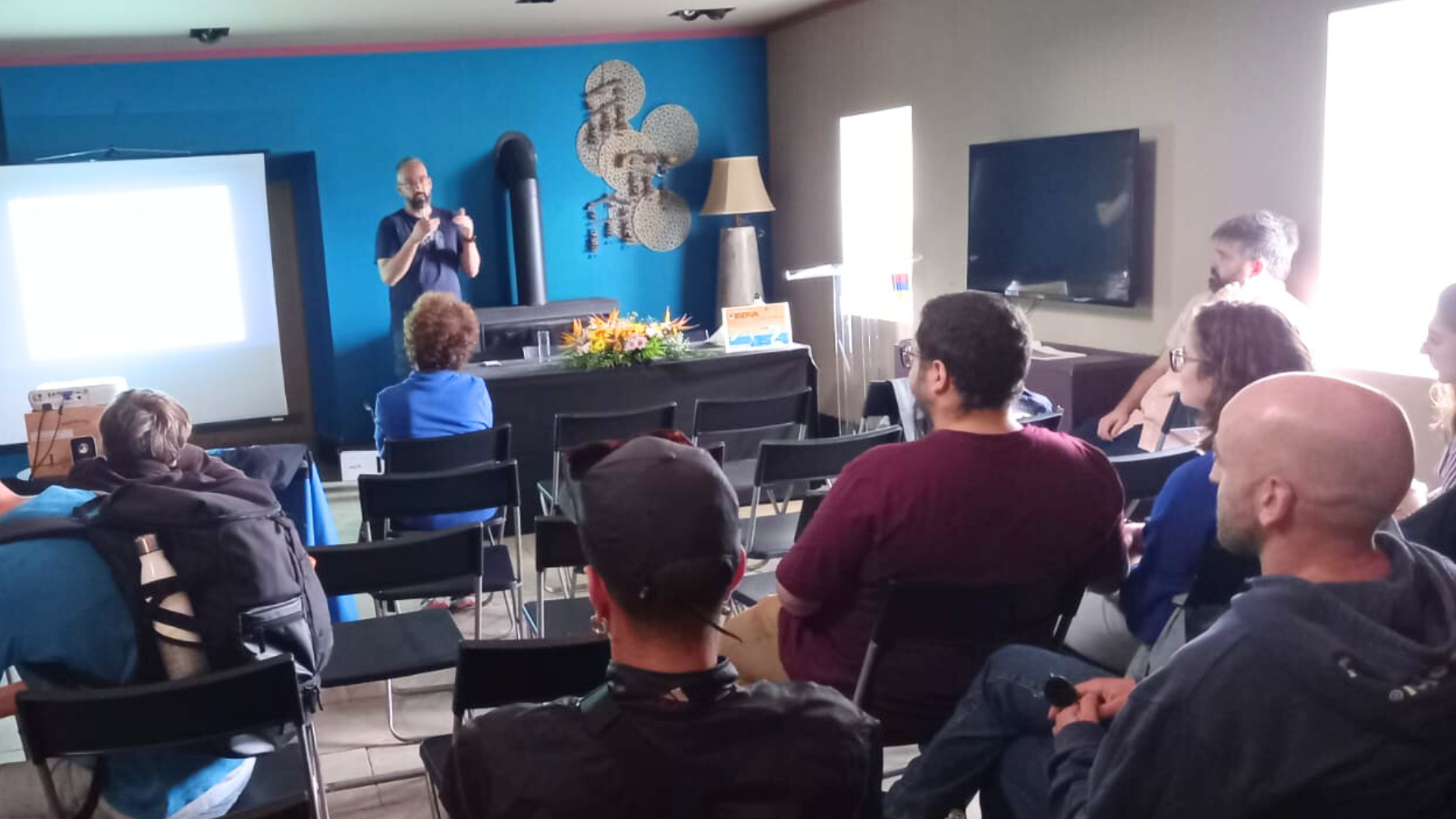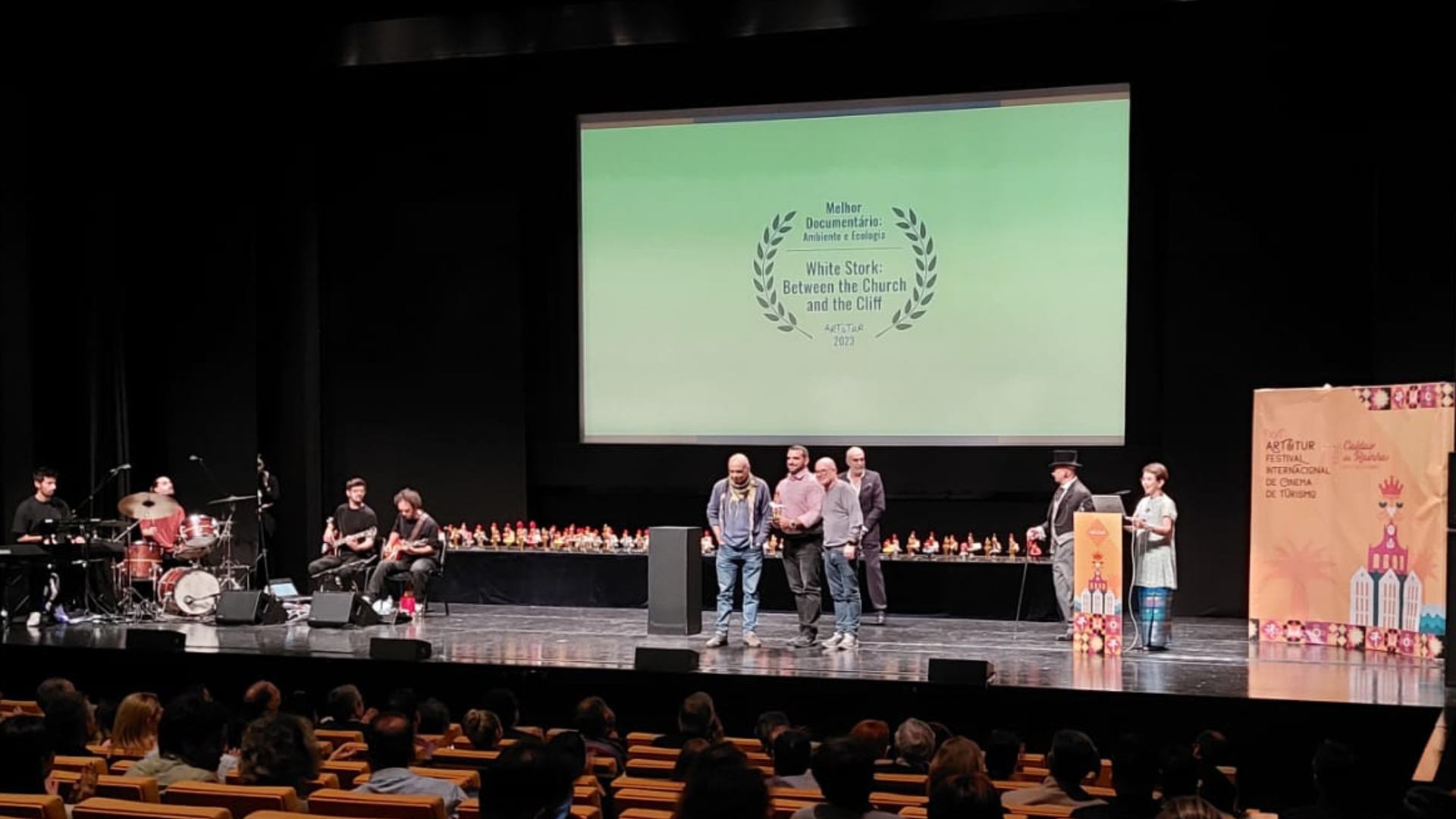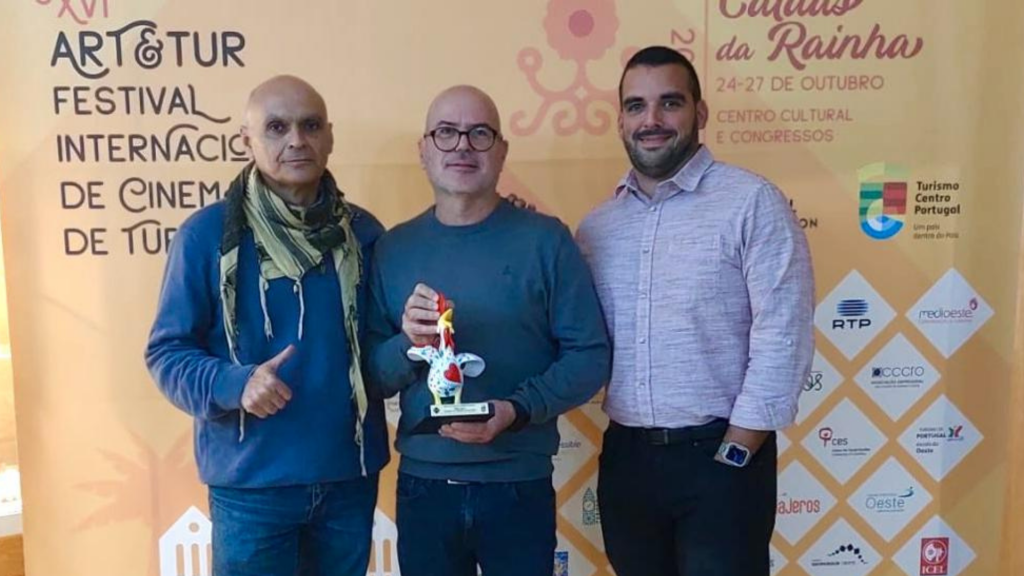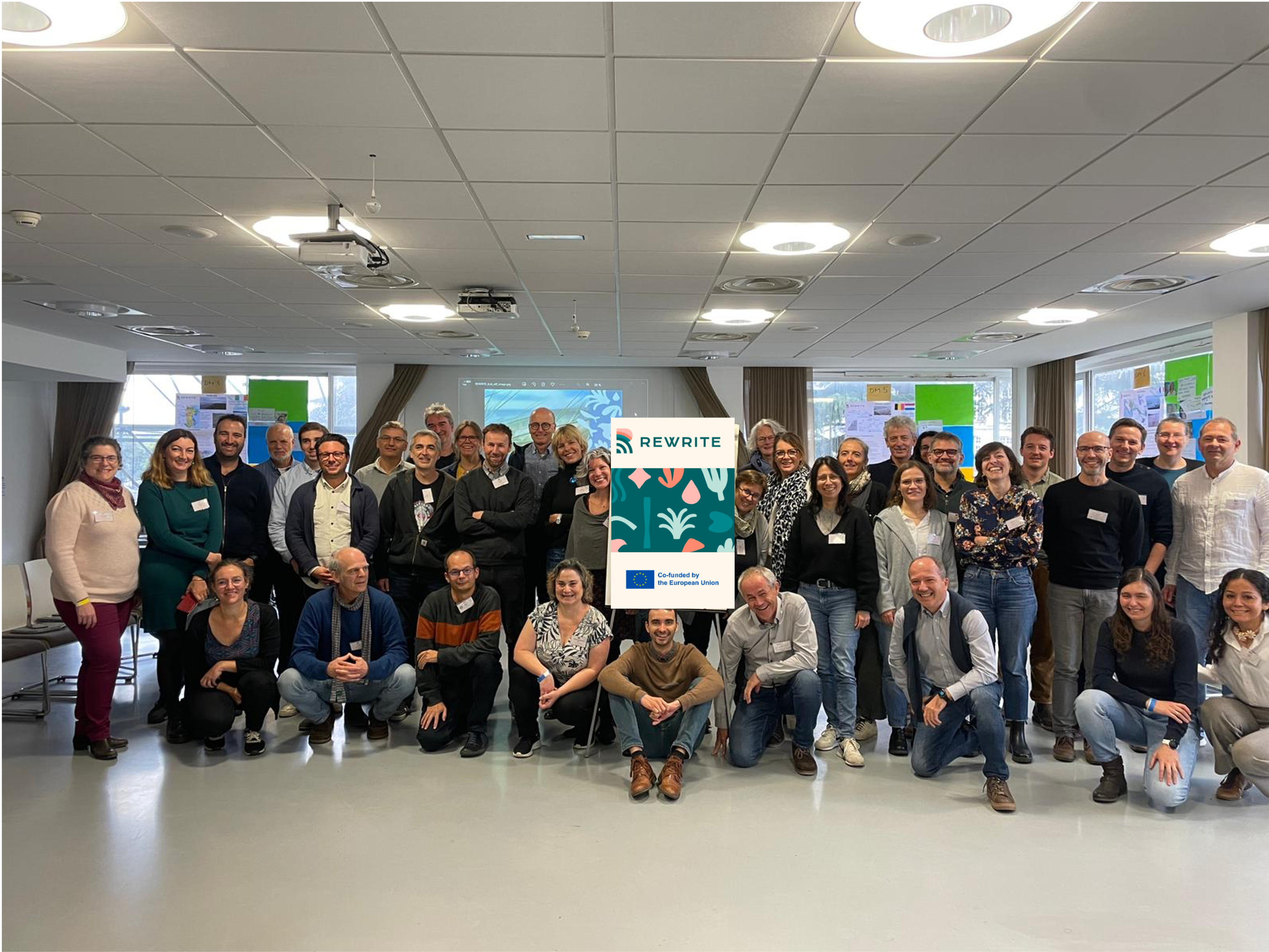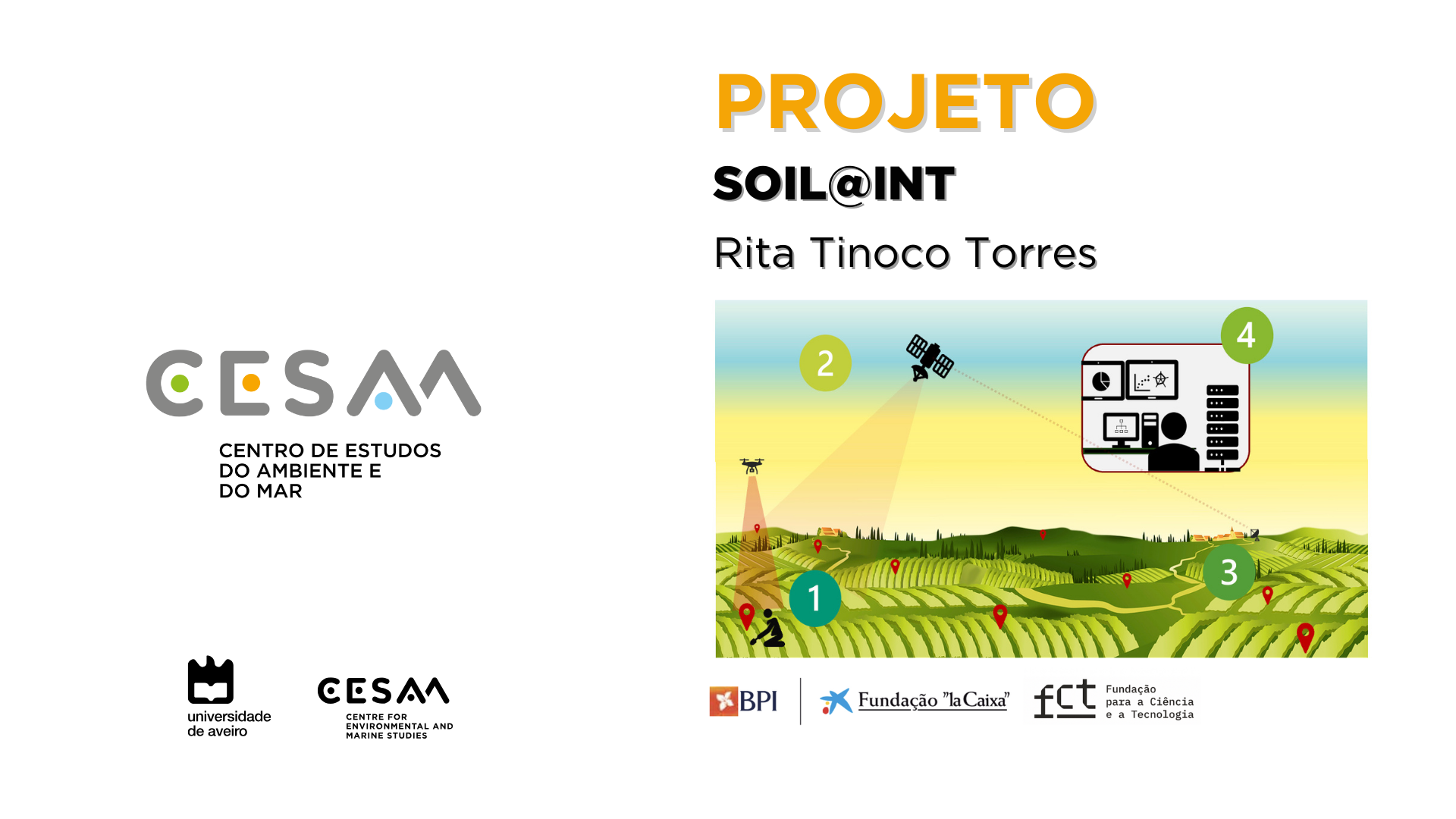The “Soils of the Interior: Monitoring to Mitigate the Effects of Climate Change – Soil@INT” project began in October 2023 and will run for 3 years. This week, we had the opportunity to interview the project’s lead researcher, Rita Tinoco Torres, to learn more about its objectives, approaches, and expected impact.
CESAM: Thank you for sharing more information about this new project.
First of all, we would like to understand the motivations that inspired you to create this project and what led you to initiate it.
Rita T. Torres: The Soil@INT project arises from a perspective of continuity, having matured through the various projects ongoing in the Côa Valley, involving the participation and/or coordination of members from different CESAM groups. Field experience allowed the identification of one of the structural problems recognized in the territory, which could influence the main agricultural and forestry activities and the natural capital of the region: the loss of basic soil functions due to desertification and the current and future increase in aridity in the Côa Valley.
CESAM: Can you explain this loss of basic soil functions further…
Rita T. Torres: Soils are a vital resource, providing and regulating numerous ecosystem services (ES); however, they are highly vulnerable to degradation. The interior region of the Iberian Peninsula is one of the most threatened by desertification, with high levels of aridity, erosion risk, and declining soil productivity. Paradoxically, this is one of the regions most dependent on ecosystem services generated by its natural capital.
CESAM: You mentioned the concept of ecosystem services several times…
Ecosystem services are, in a very simplified way, the benefits that ecosystems can provide to humans.
CESAM: What are the objectives of Soil@INT?
Rita T. Torres: Taking the municipality of Figueira de Castelo Rodrigo as a case study, the Soil@INT project aims to develop innovative, low-cost, and robust soil monitoring tools. These tools are based on the correspondence between data collected in situ and data obtained through remote sensing, whose spatial-temporal resolution and replicability potential will leverage soil management programs in interior territories. Thus, Soil@INT will provide the inland region with a system for active management of natural capital, focusing on sustainability, the valuation of ecosystem services, and climate resilience. This system will be designed in coordination with local stakeholders, whose qualification, capacity-building, and awareness will provide territories with tools capable of autonomously maximizing natural capital in the medium to long term.
CESAM: How can the general public benefit from or get involved in this particular project?
Rita T. Torres: The transfer of knowledge from Science to Society will be carried out through the Citizen Science project “Test your soil for free,” which will be implemented and will be a flagship of Soil@INT among the general public (regional and national). The Côa Valley will be seen as a natural laboratory and a “living laboratory” (experiments and innovation in a field laboratory, as envisaged in the EU’s SoilMission), in order to attract funding from a scientific perspective through the hiring of researchers, the recruitment of postgraduates, and a technical perspective through the hiring of technical personnel to assist in project implementation.
CESAM: Who are the partners involved in the project, and what is the role of each?
Rita T. Torres: As partners, we have two non-governmental organizations, Palombar and the Association for Transhumance and Nature (ATN), a state laboratory, the National Laboratory for Energy and Geology (LNEG), and the Municipality of Figueira de Castelo Rodrigo (MFCR). Palombar will be responsible for implementing the Citizen Science project (“Test your soil for free”) through a consolidated network of school contacts, local actors, and the general public. ATN has extensive local and regional experience in the management and conservation of ecosystems of high socioeconomic and environmental value and adds an ability to coordinate with local stakeholders that will be essential for the project’s success. LNEG has extensive experience in collecting and processing data obtained by remote sensing, through multiple approaches and platforms. Their expertise will be essential for the development of monitoring methodologies, as well as for data collection through unmanned aerial vehicle flights. MFCR will provide logistical support, which is essential given the scale of project implementation, and will enable coordination and coverage that would not be possible without their contribution. These partnerships, materialized through three ongoing projects, confer a synergistic character to Soil@INT and demonstrate a strong determination to contribute to local development.
CESAM: You mentioned three ongoing projects. What are these projects?
Rita T. Torres: They are rWILD-COA (International Research Program on the Côa Valley – FCT) “Ecological challenges and opportunities in the renaturalization process of the Côa Valley,” LIFE WOLFLFUX (LIFE Nature and Biodiversity Program) “Reducing social and ecological barriers to wolf pack connectivity south of the Douro River,” and ELP-WI (Endangered Landscapes Programme) “Renaturalization of the large Côa Valley.”
CESAM: Finally, we want to know about the funding and the source of funding for this project?
Rita T. Torres: Soil@INT is funded by the “la Caixa” Foundation through the Promote program, aimed at revitalizing the interior regions of Portugal. The funding is €312,366.00.
CESAM: Thank you very much for your participation in this interview. We wish this project every success and look forward to following and learning about its results.
